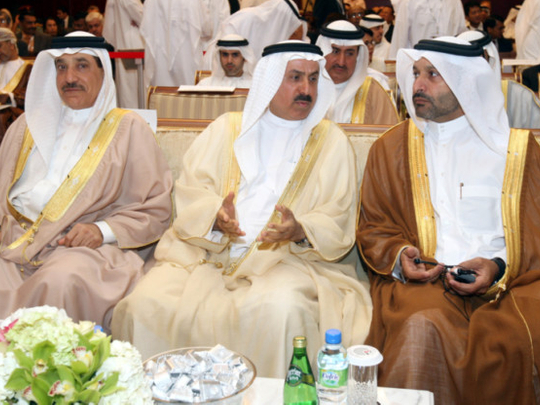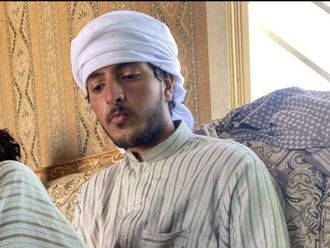
Abu Dhabi: International migration, increasingly being perceived as a development tool and a main source of capital for developing countries, should be put at the centre of the global development agenda and mainstream population policy, heard an international conference on Labour Mobility in Abu Dhabi on Tuesday.
The UAE and other GCC member countries, host of more than 15 million foreign workers, sending home more than $80 billion (Dh294 billion) in remittance every year, support international efforts to develop relationship between migration and development and improve policies related to labour mobility across borders, Shaikh Mansour Bin Zayed Al Nahayn, Deputy Prime Minister and Minister of Presidential Affairs told the international conference “Labour Mobility – Enabler for Sustainable Development.
“The UAE contributes 24 per cent of the financial flows arising from Gulf migration or more than $19 billion (Dh70billion),” said Shaikh Mansour in a speech read out by Saqr Gobash Saeed Gobash, Minister of Labour.
Shaikh Mansour recognised foreign workers’ contribution to the development of the host countries and said they too contributed to development back home.
Shaikh Mansour said despite the global financial crisis, the UAE created nearly a million jobs every year between 2009 and 2012, which contributed to mitigating unemployment in the region.
“The UAE is keen to provide foreign workers with decent work and living conditions and exerts every effort to address any challenges they face, including firm strategies to protect their rights under the supervision of the Labour Ministry,” Shaikh Mansour said.
The GCC is the third largest hub of international migration, according to a paper presented to the conference by Zhra Babar, of Georgetown University School of Foreign Service in Qatar.
The conference focuses, among other themes, on how to manage migration flows in a more orderly way, one that maximises the benefits and minimises the costs to both sending and receiving countries as well as to the migrants themselves.
Dr Farrukh Iqbal, Director, GCC Countries, Middle East and North Africa Region, World Bank, told the conference held at the Emirates Centre for Strategic Studies and Research, nearly one billion of the world’s 7 billion people — or one in every seven person — is a migrant. Of these, an overwhelming number, about 700 million, are internal migrants and only 200 million are those who have changed their country of residence.
He estimated that these migrants’ remittances to their home countries were $400 billion (about Dh1.5 trillion), of which 20 per cent are sent from the GCC countries.












